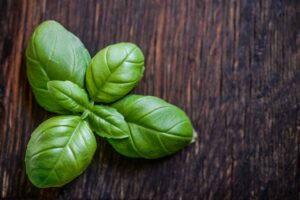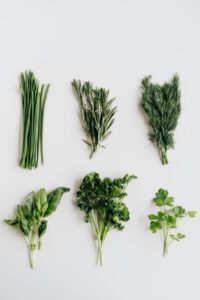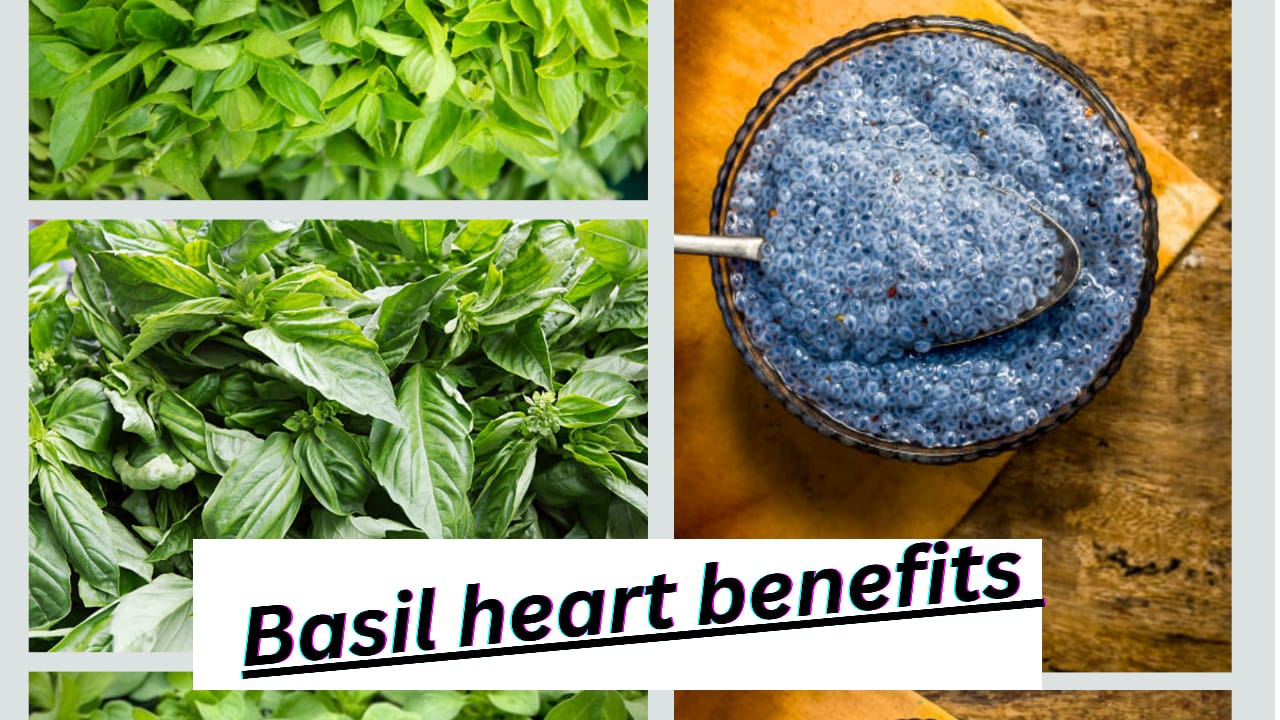Basil leaves are very beneficial. Almost everyone has heard of this name. Tulsi may be a common plant, but its natural properties are much more. It is a plant with a long history of medicinal use, cultural symbolism, and impressive scientific support. From ancient Ayurvedic remedies to modern nutritional research, Tulsi has earned a respected place among health-promoting herbs. Today, as more people turn to natural wellness, Tulsi stands out for its wide range of benefits for the body and mind.

Basil Ingredients and Nutritional List:
*Vitamins :Vitamin A, Vitamin C, Vitamin K, Folate Vision support, immune function, bone strength, tissue repair.
*Minerals Calcium, Iron, Magnesium, Potassium, Manganese Healthy blood flow, muscle function, energy production.
*Antioxidants Eugenol, Linalool, Rosmarinic Acid, Apigenin Fights oxidative stress, slows aging, protects organs.
*Essential Oils Methyl Chavicol, Cineole, Camphor Anti-inflammatory, antibacterial, aids digestion.
*Phytonutrients Flavonoids, Polyphenols Improves blood circulation, reduces cell damage.
*Amino Acids Trace essential amino acids Supports metabolic and cellular function.
*Fiber Small amounts of natural dietary fiber Digestion and Helps improve gut health.
*Water content 92% (fresh basil) Supports hydration, metabolism.
*Calories Very low at about 22 kcal per 100 grams Weight-friendly, nutrient-dense.
A nutritious herb rich in powerful antioxidants:
Although basil is usually consumed in small amounts, it is packed with impressive nutritional value. Fresh basil contains vitamins A, K, and C, along with essential minerals like magnesium, iron, potassium, and calcium. These nutrients play a role in maintaining healthy vision, bone strength, immunity, and heart health.
One of the most valuable properties of basil is its high antioxidant content. Antioxidants help neutralize harmful free radicals and reduce oxidative stress, which can contribute to chronic diseases such as heart disease, diabetes, and aging-related conditions. Key compounds include:
*Eugenol.
*Linalool.
*Rosmarinic acid.
*Apigenin.
These naturally occurring chemicals help protect cells from damage and improve overall health at the molecular level.
Basil helps reduce inflammation:
Chronic inflammation is at the root of many modern health concerns, from arthritis to metabolic syndrome. Basil contains essential oils, especially eugenol, which act as natural anti-inflammatory agents.
Eugenol helps inhibit the activity of enzymes that cause inflammatory responses in the body. This is why basil can be beneficial for people who experience. Joint pain
* Muscle stiffness
* Mild pain or swelling
* Digestive inflammation
* Inflammatory skin conditions
A person can benefit greatly from consuming basil or basil juice with food and keeping the stomach cool.
Tulsi for Digestive Health:
Tulsi has been used as a natural remedy for digestive discomfort. This herb stimulates appetite, aids digestion, and helps reduce common ailments such as:
*Gas
*Bloating
*Stomach cramps
*Acid reflux
The essential oils in basil leaves relax the smooth muscles of the stomach, helping to reduce discomfort and promote smooth digestion. Basil tea made from steeped leaves is often recommended to soothe the stomach and restore digestive comfort after a heavy meal.

Boosts Immunity Naturally:
Due to its powerful antioxidant and antimicrobial properties, basil supports the immune system in a number of ways. This herb helps your body fight off harmful bacteria, viruses, and fungal infections. In particular, basil varieties like tulsi are well-known for their immune-boosting properties.
Basil contains bioactive compounds that improve the body’s defenses, reduce stress-related immune responses, and strengthen resilience during seasonal changes. Many holistic health practitioners recommend drinking basil tea regularly to maintain immunity and ward off common illnesses.
Stress Reduction and Mental Well-Being:
One of the most interesting aspects of basil, especially its classification as an adaptogen. Adaptogens are natural substances that help the body manage stress and restore balance. Basil has been shown to:
Reduce cortisol (the stress hormone)
Promote mental clarity
Improve mood
Reduce symptoms of anxiety
Support restful sleep
The aromatic properties of basil alone have a calming effect. Simply rubbing a fresh basil leaf or adding basil oil to a diffuser can have a gentle, soothing effect on the mind.
Heart Health Support:
Tulsi supports heart health in several ways. Its antioxidants help reduce oxidative damage to arteries, while its anti-inflammatory properties support healthy blood flow. Additionally:
The magnesium in basil helps relax blood vessels.
Eugenol can help maintain healthy cholesterol levels.
Potassium helps regulate normal blood pressure.
Including fresh basil leaves in your diet is an easy way to maintain long-term heart health.
Skin Health and Natural Detoxification:
Due to its antimicrobial properties, basil is often used externally to maintain skin health. Basil extract can help:
Reduce acne
Control excess oil
Sooth minor skin irritations
Fight bacterial overgrowth
This herb supports liver function and also aids the body’s natural detoxification processes by reducing internal stress responsible for skin imbalances.
